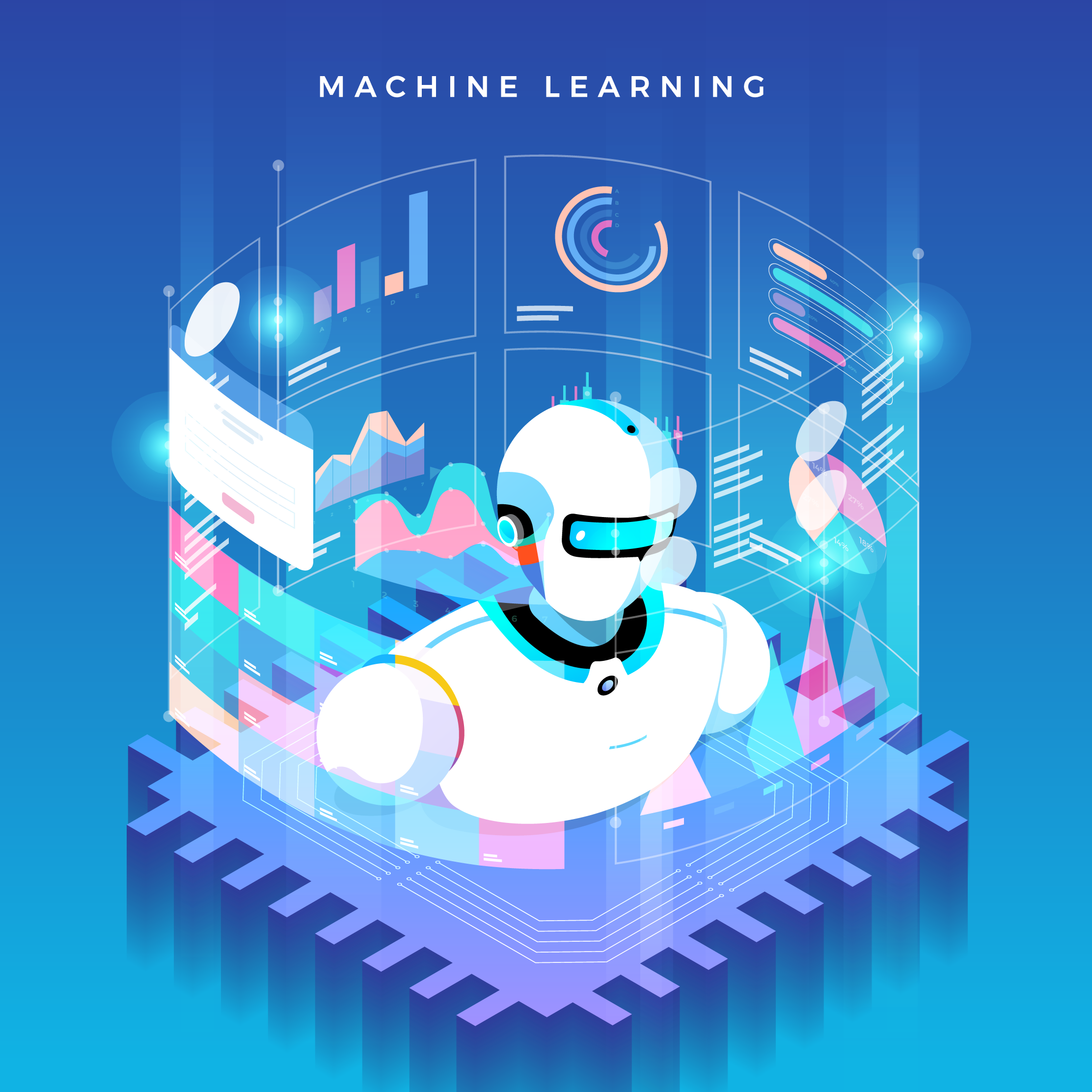Machine learning is the process of teaching a computer to learn by observing and experimenting with a set of data. The goal is to train the computer to perform certain tasks on new examples and data sets. However, training a computer to learn can be difficult and time-consuming. With the use of machine learning, a computer can be trained to perform a task or determine a result by observing and learning from experience. The first step is to collect some data, preferably from a variety of sources. This is used to train the program and make it more accurate over time.
As the data grows, machine learning algorithms can learn to make assumptions and judgments based on that data. Experts can use these reports to focus on more important tasks, such as validating AI findings. In other words, experts can spend more time on the more important tasks, while AI can handle the influx of data. By integrating machine learning into the research process, the entire process can be sped up. The goal is to make the process as fast and as efficient as possible, and to improve the quality of the output.
Artificial intelligence can also speed up the process of market research. Many researchers and marketers spend weeks or months reading market research reports, and the results can take up to a week or even a month. For those who don’t have enough time, this may not be a realistic goal, but a machine learning algorithm can quickly learn and perform the analysis for them. Ultimately, this technology can save both time and money. There are many other advantages of machine learning, including the fact that it’s easy to train the system, and it’s cheap.
Another benefit of machine learning is that it allows it to analyze huge amounts of data at once. With more data, it allows a market researcher to focus on other aspects of the research, such as the timing and costs of the surveys. In addition, the higher the quality of data, the less likely bias will be found in the data. If this is the case, then it’s time to integrate machine learning into market research. This technology will make a big difference to the future of research and business.
One of the most notable benefits of machine learning is its ability to speed up market research. By creating an algorithm that learns to make assumptions and judgments based on a database of past data, it can identify trends and predict the impact of an ad campaign. Furthermore, it can help a marketer focus on more important aspects of a campaign, which will ultimately reduce the timing and costs of the study. And a bigger data set means less bias.
Machine learning is used in virtually every industry. Driverless cars, drones, delivery robots, and chatbots are all examples of systems that use machine learning. In medicine, it’s being used in speech translation, speech recognition, and other applications. It is becoming an essential tool for businesses and individuals. The possibilities are limitless. For example, a virtual assistant will help a patient make better decisions. This technology is proving to be extremely useful for many industries.
Besides its power to make predictions, machine learning algorithms can also identify data security vulnerabilities and predict future high-risk activities. These systems can also assist businesses in recommending products on Amazon and Netflix. They can also improve patient outcomes. Using machine learning algorithms in healthcare could help robots learn from human behavior. These algorithms can help automate routine tasks to reduce human error and increase efficiency. If machine learning is applied to a wide variety of business use cases, it will be a game changer.
Machine learning is a complex technology with many applications. It has improved the way people use social networks. For instance, Google’s search engine uses multiple machine-learning systems to help users find the best product for their needs. The company’s spam and phishing-recognition systems are built on machine-learning-trained models. Similarly, a virtual assistant can learn to learn a language. With these features, it is highly customizable.
At VocalViews, we have integrated machine learning into our market research recruitment techniques, see here.







